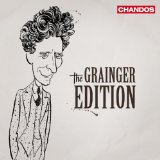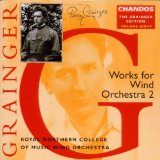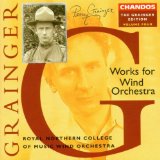1000 FINEST CLASSICAL RECORDINGS features

Altogether fascinating and greatly enjoyable programmes, strikingly well directed by Timothy Reynish and Clark Rundell.
Who wrote this and why?
The Penguin Guide to the
1000 Finest Classical Recordings
The Must Have CDs and DVDs
The Penguin Guide to the 1000 Finest Classical Recordings brings together the experience and enthusiasm of four of classical music's greatest experts, Ivan March, Edward Greenfield, Robert Layton and Paul Czajkowski, to create an essential guide to the best recordings.
Downloads, CDs and DVD mean it is possible to listen to hundreds of thousands of classical recordings today - but how do you pick your way through the vast array of music now on offer? With clear, simple, easy-to-use A to Z listings of composers and performers, the pick of the latest CD releases, as well as established landmark recordings, short guides to ballet, opera and the history of recording, and indications of budget and mid-range price CDs, this guide offers a treasury of outstanding music, whether you are just starting to build a collection or tracking down a particular favourite.

In their assessment of The Grainger Edition, a nineteen volume collection of Grainger works published by Chandos, they write enthusiastically of Volumes 9 and 10, recorded by the RNCM Wind Orchestra in 1999 and 2000.

The two wind-band collections are especially fun discs. The splendid players of the Royal Northern College of Music Wind Orchestra clearly enjoy Grainger’s rhythmic buoyancy, while relishing his feeling for wind colour. A good example is in the engaging Hill Songs, as well as the rich sonorities found in the powerful and remarkable The Power of Rome and the Christian Heart, and equally so in this characteristic and imaginative arrangement of the Londonderry Air for band and pipe organ. Bell Piece (a ‘ramble’ on Dowland’s melancholy air, Now, now I needs must part) begins with a tenor solo with piano before the wind players gently steal in. In the Children’s March members of the band are invited twice to sing a vocalise when they are not playing. Many of the pieces are well known in Grainger’s alternative arrangements, but the version of Grainger’s most popular piece, Country Gardens, is not just an arrangement of the piano version, but, as he explained himself, ‘a new piece in every way’. The Faeroe Island Dance in this late band version of 1954 has a pivoting ostinato for horns that echoes the opening of Vaughan Williams Fifth Symphony, before launching into the dance proper with echoes of The Rite of Spring. Altogether fascinating and greatly enjoyable programmes, strikingly well directed by Timothy Reynish and Clark Rundell.